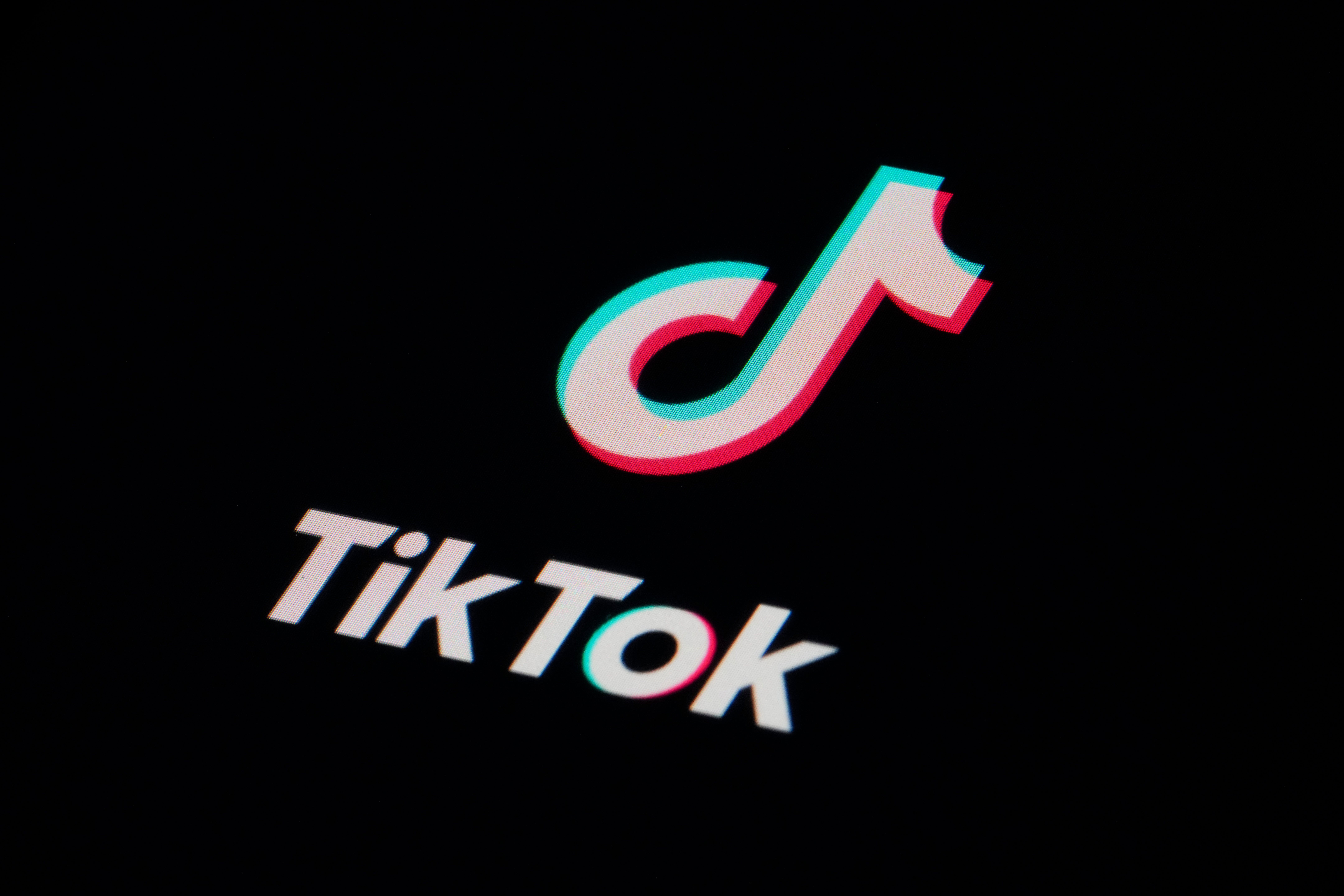A group representing TikTok, Meta and X sues Utah over strict new limits on app use for minors
A trade group that represents TikTok and other major tech companies has sued Utah over its first-in-the-nation laws requiring children to get parental consent to use social media apps

Your support helps us to tell the story
From reproductive rights to climate change to Big Tech, The Independent is on the ground when the story is developing. Whether it's investigating the financials of Elon Musk's pro-Trump PAC or producing our latest documentary, 'The A Word', which shines a light on the American women fighting for reproductive rights, we know how important it is to parse out the facts from the messaging.
At such a critical moment in US history, we need reporters on the ground. Your donation allows us to keep sending journalists to speak to both sides of the story.
The Independent is trusted by Americans across the entire political spectrum. And unlike many other quality news outlets, we choose not to lock Americans out of our reporting and analysis with paywalls. We believe quality journalism should be available to everyone, paid for by those who can afford it.
Your support makes all the difference.A trade group that represents TikTok and other major tech companies sued Utah on Monday over its first-in-the-nation laws requiring children and teens to obtain parental consent to use social media apps.
Two laws signed in March by Republican Gov. Spencer Cox will prohibit minors from using social media between the hours of 10:30 p.m. and 6:30 a.m. unless authorized by a parent — and require age verification to open and maintain a social media account in the state.
The restrictions are designed to protect children from targeted advertisements and addictive features that could negatively impact their mental health. Both laws take effect March 1, 2024.
The NetChoice trade group argues in its federal lawsuit that although Utah’s regulations are well-intentioned, they are unconstitutional because they restrict access to public content, compromise data security and undermine parental rights.
“We are fighting to ensure that all Utahns can embrace digital tools without the forceful clutch of government control,” said Chris Marchese, Director of the NetChoice Litigation Center. The trade association includes many of the world's leading social media companies, including TikTok, Snapchat parent company Snap Inc., Facebook and Instagram parent company Meta, and X, formerly known as Twitter.
Cox predicted there would be lawsuits challenging both bills but said he wasn't worried because there is a growing body of research that demonstrates how social media use can negatively impact the mental health outcomes of children.
“I’m not going to back down from a potential legal challenge when these companies are killing our kids,” Cox argued earlier this year.
The governor’s office did not immediately respond Monday to emails seeking comment on the lawsuit. The office of Utah Attorney General Sean Reyes will represent the state in court.
“The State of Utah is reviewing the lawsuit but remains intently focused on the goal of this legislation: Protecting young people from negative and harmful effects of social media use,” spokesperson Richard Piatt said.
In another lawsuit filed by NetChoice, a federal judge temporarily blocked Arkansas from enforcing its new law requiring parental consent for minors to create new social media accounts. Similar laws in Texas and Louisiana have not yet taken effect.
Utah's state laws impose steep fines for social media companies that do not comply with the age-verification rule, which NetChoice says may lead companies to collect an excess of personal information from users that could end up threatening their online safety. The state regulations prohibit companies from using any design or feature that causes a child to become addicted to their app.
Under the laws, parents will have access to their children's accounts and can more easily sue social media companies that they claim have caused their children harm. The laws shift the burden of proof from the families onto the social media companies, requiring them to demonstrate that their products were not harmful. Any social media platform with at least five million users is subject to the new regulations.
The lawsuit also challenges the state-imposed social media curfew, arguing that it could negatively impact children by cutting them off from the news, study tools and communications with their peers.
NetChoice has asked a federal judge to halt the laws from taking effect while its case moves through the legal system.